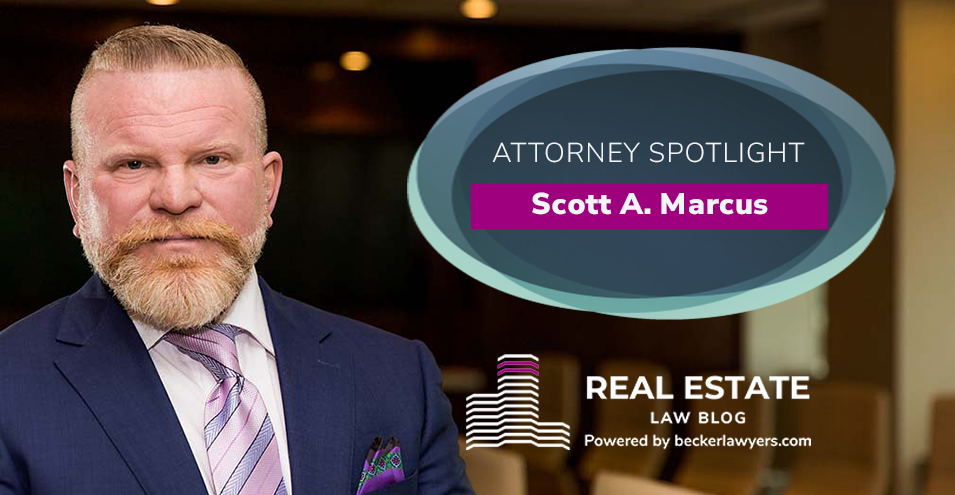
Commercial Loan Document Review – Time Well Spent!
The day of closing arrives. You just wired the final amounts due and hope you can get to the notary or closing office on time. Getting to closing and getting the lender approval was no small task and the finish line lies just ahead. A pile of documents awaits your signature. The transfer of title may only require a few dozen pages, but your lender requires you to sign a stack of documents, inches thick, to close the loan. What, exactly, are you signing?
Much of the focus below pertains to commercial closings. Residential closings with a traditional lender will be addressed in a future article, but you should be aware that they are not often “negotiable” since your lender may wish to sell or securitize its loans, necessitating uniform documents. You should still review for corrections (as opposed to revisions) so the loan documents match what you were approved for. For commercial loans and many private loans you will find that the lender may use documents drafted by its legal counsel instead of standardized forms. They deliver the documents to you in advance and expect you, or your attorney, to review them. Your failure to act upon the opportunity because you don’t understand the objective of the review may result in a mistake with financially disastrous results.
Loan document review is not intended as a renegotiation of the loan. The objective is clarity and understanding. The loan documents address far more than repayment and will include much more than a note and mortgage. You will be required to do certain things (affirmative covenants), and you may promise to refrain from doing others (negative covenants). Rights and agreements may be assigned, and accounts or ownership interests may be pledged. All of the documents limit your actions until you repay the loan.
You may view the risks of your loan differently than other borrowers but there are several key objectives to loan document review for you to focus on before closing, such as:
- Confirm the consistency of the description of the collateral in the loan documents, survey, title commitment, deed (if applicable), and other instruments tied to the real property and your rights in other property and agreements.
- Identify and calculate each of the fees Lender may impose, such as prepayment charges, minimum interest yield requirements, draw fees, inspection fees, audit fees and exit fees.
- Understand the nature of, and the limitations imposed by, the additional collateral documents, which are often in the nature of conditional assignments or pledges, to determine whether those limitations are acceptable to you or modifiable.
- Review and plan for all the non-monetary obligations required of you that can trigger a default if you fail to do them, such as maintain any required liquidity, deliver financial information and tax returns on a regular basis, expected changes in the use of collateral, etc., then determine if you can meet obligations and the cost of compliance.
Regardless of the type of loan, take the time to review your documents. For institutional residential loans, consistency and accuracy will help protect the myriad of credit report and title issues that can arise later. For commercial or private residential loans, work with your financial advisor (CPA or tax) to determine the costs of carrying the obligation, and with your legal advisor to identify the non-monetary covenants and the risks inherent in the loan documents. Only then will you know and understand what you are signing.




No Comments
Sorry, the comment form is closed at this time.